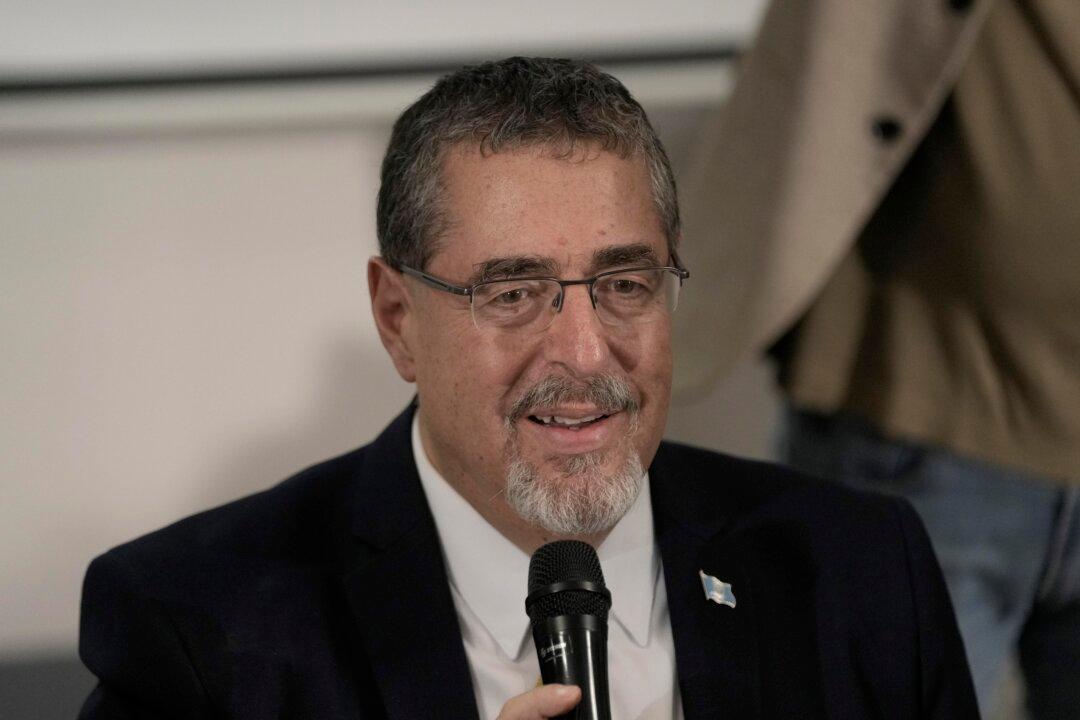GUATEMALA CITY—A progressive from outside Guatemala’s power structure was elected the country’s next president Sunday in a reprimand to the governing elite over widespread allegations of corruption.
With 100 percent of votes counted, preliminary results gave Mr. Arévalo 58 percent of the vote to 37 percent for former First Lady Sandra Torres in her third bid for the presidency. The official results will still have to be certified.





